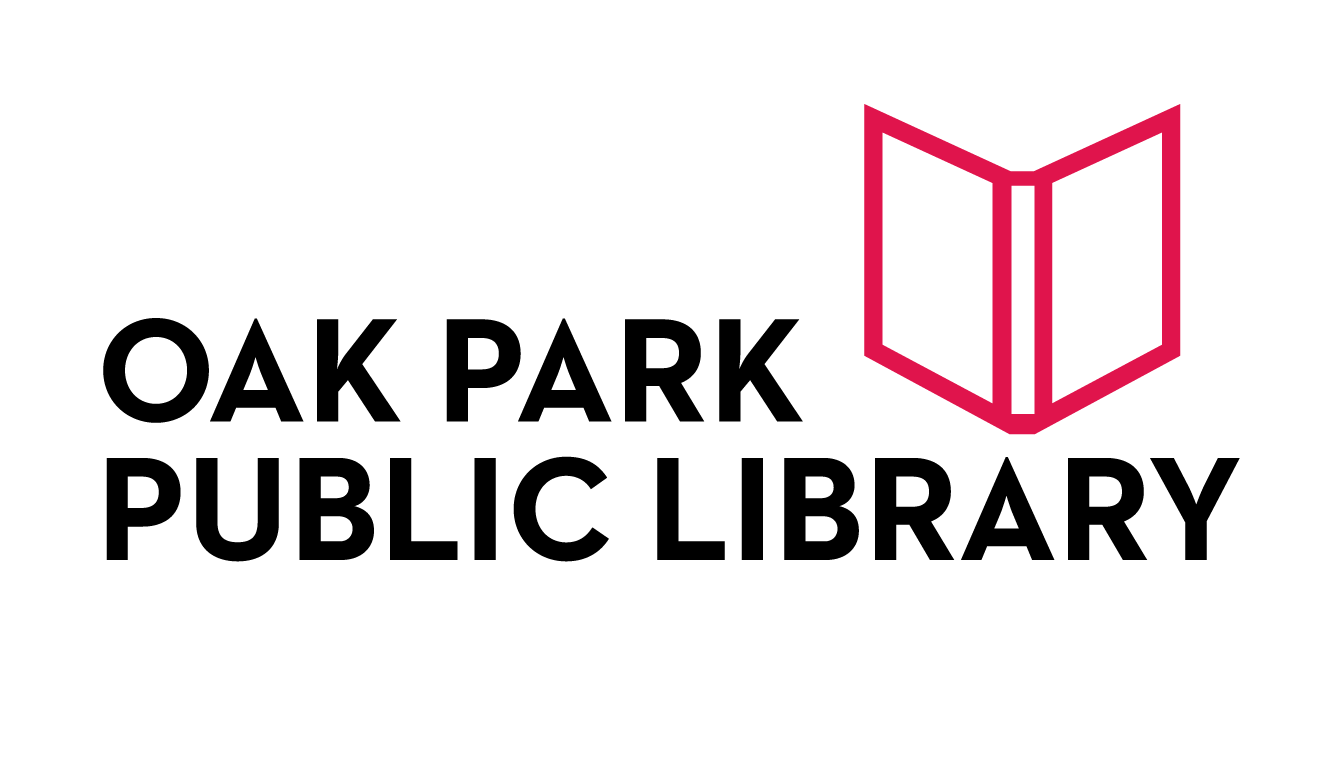Program Description
Event Details
Meet the artist and enjoy light refreshments.
Alkebulan: meaning the oldest and the only word of Indigenous origin regarding the continent of Africa.
Alkebulan Shadows is a portrait photography project of Indigenous African people from various countries that challenges colonial imagery by restoring it with contemporary, non-intrusive, non-exploitative photos. These images aim to enlighten and restore dignity back into the black-circulated image. Equally serving as a celebration of Africa's sprawling diversity, each photograph symbolizes the gradual re-emergence of cultural identity, restoration, and hope.
See the exhibit on display in the Main Library Gallery February 7-March 11 »
About the artist
Jason Dorsey is a documentary photographer born and based in Oak Park. His work explores the intersections of human behavior and a rapidly evolving environment. His objective as a photographer is to assist in the unraveling of an old visual stereotype while simultaneously promoting a more open-minded and humanistic embrace of inclusivity.
Jason's career as a photographer began while serving in the U.S. Military where he served as a combat photographer over a period of six years. Serving in Afghanistan he captured strategic moments that would serve as historical documentation for the Department of Defense. Upon his honorable release in 2016, he continued his journey as a photographer and began working on his portfolio.
Beginning In 2018, he set off on a series of expeditions throughout the heart of Africa to begin working on his long-term personal project named Alkebulan Shadows. This ongoing project captures the portraits of Indigenous peoples, highlighting their physical image in a more dignified manner, ultimately, restructuring the way the world imagines Africans in a post-colonial era.
Nudity disclaimer
Due to the social norms of the men and women portrayed in this exhibition, nudity or partial nudity is on display. This tradition of hunter-gatherer cultures in warm climates is still very common amongst many Indigenous peoples around the globe.
